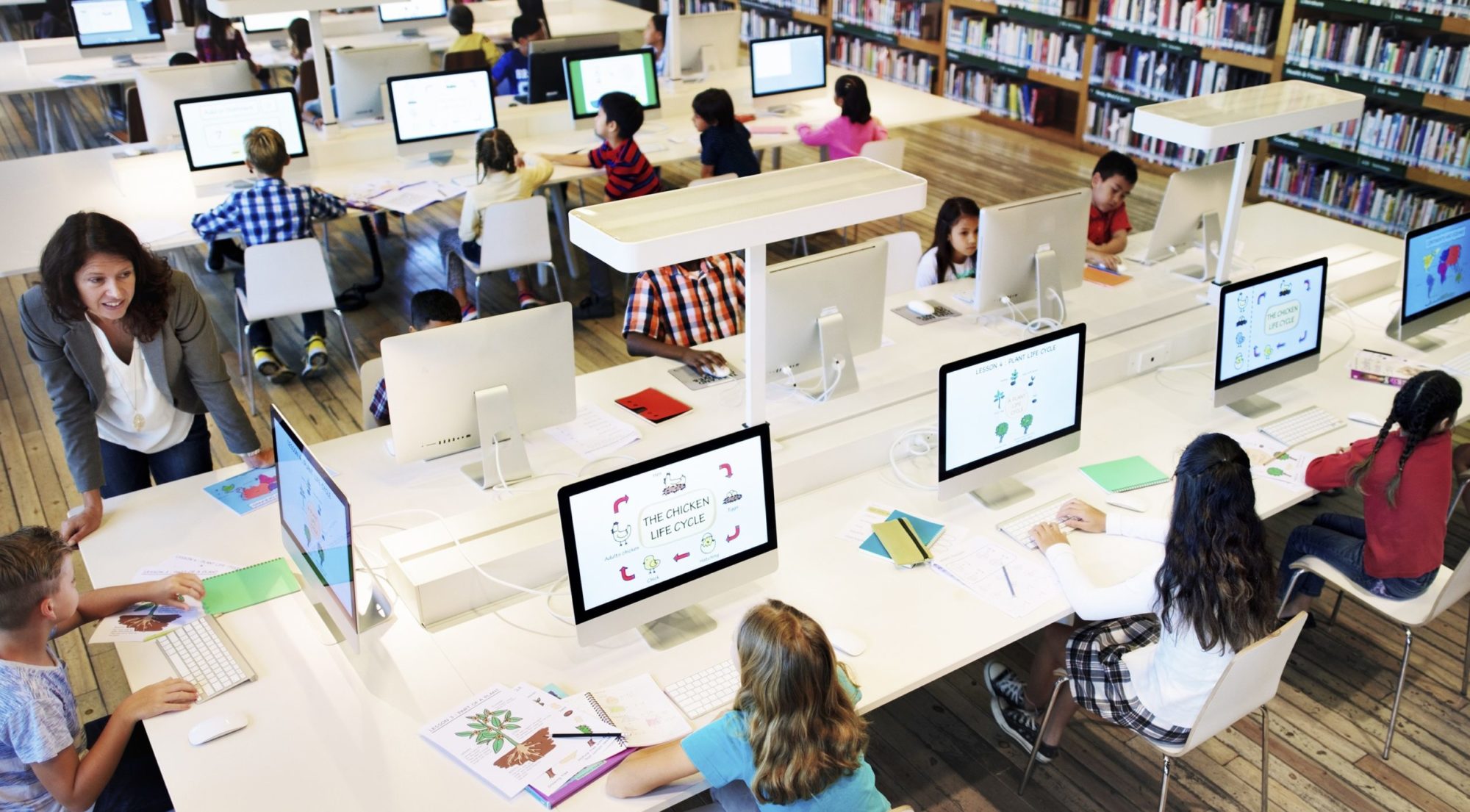Advertisement
The most recently available statistics show that there are more than 26 000 schools and over 12 million learners in South Africa. And with the ratio of learners to teachers in public schools sitting at around 32 to one, there is a need to be more effective in educating our children.
Enter technology.
E-learning is a hot topic in a country where unemployment is close to 27%. In 2016, the matric pass rate was 76.2%, a slight increase from the 74% of the previous year. With private schools easily embracing the benefits of technology in the classroom, the government school system is under pressure to follow suit. But how do you justify rolling out computer laboratories, tablets and e-books, and Wi-Fi in areas where there is no running water, and electricity is considered a luxury?
Even corporate sponsorship can only go so far. Getting organisations to donate equipment and connectivity is well and good, but what happens after the cameras disappear and communities must manage the technology themselves? Of course, this is hardly a South African or even African problem. In developing countries the world over, people are questioning how best to balance digitally enhanced education with the short-term priorities of infrastructure and access to food
and water.
Rethink education
Education forms one of the cornerstones of society. Without it, there can be no economic growth. And, even though it might seem a contradiction in terms, using technology is one of the best ways of expanding it into rural areas. Just consider how South Africa embraced mobile phones to overcome a lack of telecommunication infrastructure in remote areas.
At one stage, South Africa’s mobile network was one of the most technologically advanced in the world. The reason is simple. It had to be if the population were to communicate. So, too, the education sector needs to reconsider its strategy of utilising technology.
It is about more than just giving students a tablet containing their handbooks. It is about equipping them with the skills necessary to become employable in a digital world.
To many, digital transformation is a buzzword best left to the boardroom. But its importance as the means to empower all citizens of a country cannot be underestimated. There is a difference between paying lip service to a concept and embracing it wholeheartedly. Government has made it clear that it wants to provide people with the expertise they need to find work in an information economy. Using technology as the means to do this
is inevitable.
Modern expectations
A study conducted by Global Market Insights found that e-learning, already estimated to be worth $ 150 million in 2016, will grow at an annual rate of 5% between 2017 and 2024. While there are many reasons for this, one of the more significant ones is how technology companies have started moving into the business of education.
Advertisement
Even in South Africa we are seeing this when looking at the growing importance of data. Companies need effective data analysis and management if they are to differentiate themselves from their competitors. But the required skills to unlock this are hardly coming off the ‘university floor’. So, you have a situation where there is a desperate need for data scientists, but qualifications are few and far between.
This has resulted in several ICT organisations partnering with tertiary institutions and enhancing their degree courses with additional tools (and skills) required for the digital age. Even at high school and primary school stages, there are expectations to provide learners with the tools they need to pursue opportunities in the STEM (science, technology, engineering and mathematics) disciplines.
Difficulties remain
While the challenge to bridge the digital divide in schools across developing countries is significant, it is not impossible to overcome. Fortunately, the benefits of public-private partnerships are starting to pay dividends in several rural communities in Limpopo, Mpumalanga and the Northern Cape.
One of the misconceptions around e-learning is that learners must be tech-savvy and understand how technology works before using it in a classroom environment. However, modern systems embrace a more user-friendly interface that transcends the technology barrier. Typically, these solutions are developed around a ‘point-and-click’ methodology with significant functionality built in to the background. Even teachers not comfortable with using tablets or notebooks can easily use these e-learning systems to enhance the learning experience for students.
There is no one way to address how technology is used in classrooms around South Africa. While private schools are left to their own devices in a manner of speaking, the Department of Basic Education is driving a more technology-rich environment for public schools. However, learners (and teachers) need to be willing to embrace different ways, and sustainability needs to be built in with the necessary partnerships in place.




